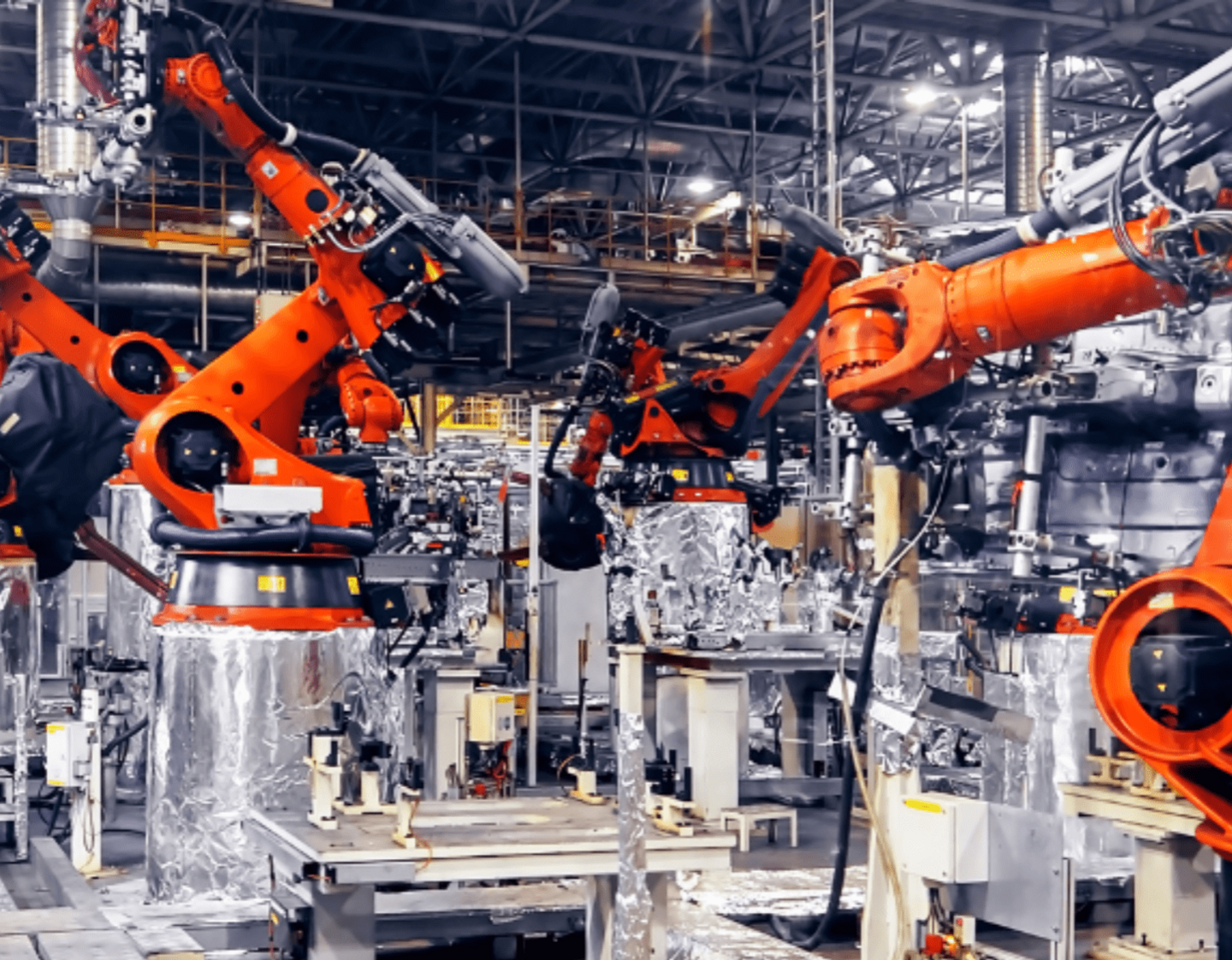Learn the essentials of the Assembly Line Worker role, from daily tasks to career development and industry prospects.
In the fast-paced world of manufacturing, the role of an Assembly Line Worker is indispensable for ensuring the smooth production of goods. In this thorough guide, we take a closer look at the various responsibilities of an Assembly Line Worker, discuss how to break into the industry, and examine the qualifications and professional organizations that can help you advance in your career. Moreover, we'll delve into the demand for this skillset and the typical remuneration you can expect.
.png)
Section 1: The Role of an Assembly Line Worker
An Assembly Line Worker, also known as a Production Line Worker or Production Assembler, is responsible for a range of tasks on the assembly line. These duties may include:
Assembling products and components
Operating machinery and tools
Conducting quality control inspections
Collaborating with other team members to maintain production flow
Ensuring adherence to safety protocols and guidelines
Assembly Line Workers are employed across various industries, such as automotive, electronics, and consumer goods, playing a crucial role in the efficient production of products.
Getting Started as an Assembly Line Worker
For those interested in pursuing a career as an Assembly Line Worker, there are several pathways to enter the field. Common entry points include:
Entry-level positions: Many companies hire Assembly Line Workers with little to no experience, offering on-the-job training and opportunities for career progression.
Apprenticeships: Some organisations provide apprenticeship programs, combining hands-on training with classroom instruction.
Vocational training: Trade schools and community colleges often offer programs that teach the necessary skills and knowledge for a career in manufacturing and assembly.
Qualifications and Professional Bodies
While formal qualifications are not always required for an Assembly Line Worker position, obtaining certifications and affiliating with professional organisations can help you stand out in the industry:
National Vocational Qualification (NVQ) in Performing Manufacturing Operations
Association for Manufacturing Excellence (AME)
National Association of Manufacturers (NAM)
Joining these organisations and acquiring relevant certifications can demonstrate your commitment to the industry, facilitate networking opportunities, and provide access to valuable resources.
The Demand for Assembly Line Workers
As the manufacturing sector continues to evolve, the demand for skilled Assembly Line Workers remains strong. Companies are constantly seeking talented individuals who can contribute to efficient, high-quality production processes. Furthermore, with the rise of automation and advanced manufacturing technologies, the need for Assembly Line Workers with technical skills and knowledge is increasingly evident.
Remuneration and Earning Potential
The remuneration for Assembly Line Workers varies depending on factors such as experience, location, and industry sector. However, entry-level positions typically offer competitive wages, with opportunities for advancement and increased pay as skills and experience grow. According to industry data, the average salary for an Assembly Line Worker range from £18,000 to £25,000 per year.
A career as an Assembly Line Worker offers the chance to play a key role in the manufacturing process, with ample opportunities for growth and development. By obtaining relevant qualifications, joining professional organisations, and staying informed about industry trends, you can position yourself for a successful and rewarding career in this critical sector. If you're interested in exploring opportunities as an Assembly Line Worker, start by researching local companies, training programs, and apprenticeships to find the best fit for your skills and goals.


